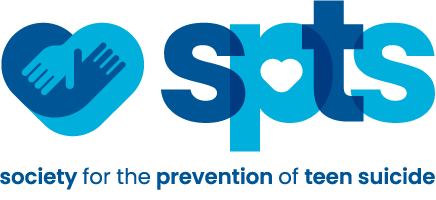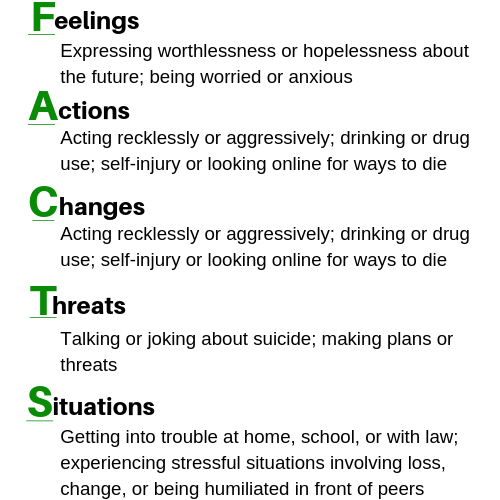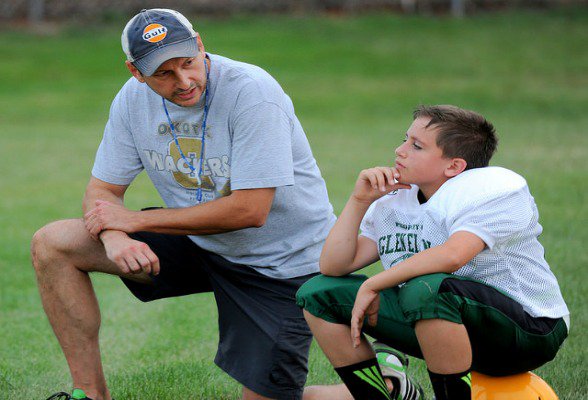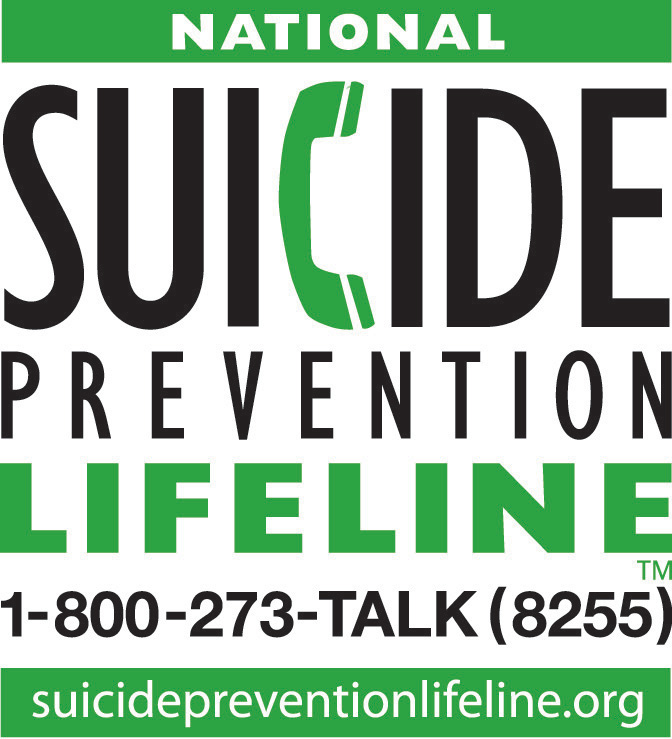When you’re a coach, you’re not just someone who provides your athletes with help and direction about their play. You often become a surrogate parent, a big brother or sister, a confidant- an important person in your players’ lives. The one thing all these roles have in common is that they demonstrate that the kids you coach trust you. So, whether or not you know it, your influence in their lives goes way beyond the playing field.
Why Your Role Is Important
Research tells us that one of the most significant protective factors in the life of a child is contact with one caring adult they trust. This relationship can help them buffer the stresses that come their way, give them support, and model coping strategies they can use when life gets tough.
You are often in that role. In addition, you have the opportunity to observe kids in ways their parents or teachers can’t, interacting with peers who are either teammates or competitors. You may see more emotion on the field than kids express almost anywhere else in their lives. Why is this important?
Kids and Suicide Risk
You may not know it, but suicide is currently the second leading cause of death for youth ages 10-24. While rates of completed suicides are higher for boys than girls, the rate of attempts for 10 – 14 year old girls has increased 200% over last 15 or so years. The bottom line? Both sexes are at risk.
What This Has To Do With You
Your unique vantage point may provide you with the opportunity to observe behaviors and emotions that may signal a youth is at elevated risk for suicide. What are some of the things to look for? An easy way to remember the signs that may mean that a youth is at risk for suicide is organized around the word FACTS. Take a look:
What You Do About It
As a coach, you’re probably quick to notice when one of your team members is acting differently. Maybe it’s sloppy or aggressive play or just not acting like him or herself. And, most likely, you’re used to talking to that player about what you’ve seen that concerns you.
Talking about suicide risk is no different. You’re simply making some observations about things that worry you and talking with your player about what you’ve observed. What would that sound like? See what you think:
“Hey Jack, can I talk to you for a minute? I’ve been watching what’s been going on with you over the last couple of weeks and it’s got me a little worried. Your play’s gotten sloppy. I’ve heard you fighting with some of the other guys and I just caught some random talk about you saying you were gonna kill yourself. What’s going on?”
Listen to Jack’s answer. He may tell you it’s nothing, or maybe he’ll let you in on what’s going on. Either way, let him know that what you’ve seen or heard concerns you. And if you get even a hint of suicide, you have to let his parents know. Here’s how to handle that:
“Hey, Mr. B. I wanted to let you know I’ve had my eye on Jack the last couple of weeks and he’s just not acting like himself. His play has gotten sloppy, and he’s been fighting with some of the team members. Most concerning is the fact that some of the boys have heard him talk about suicide. I wanted to let you know so you can take over from here.”
If they ask you what they should do, suggest they contact their school counselor, pediatrician or a local mental health resource to try to figure out what’s going on with Jack and if he is at risk for suicide. It may be nothing but it’s not your job to make that determination and Jack’s parents are responsible for taking that next step.
Are you worried about over-reacting? You might be overly cautious but ignoring what you’ve observed is a big risk to take. Think of it this way: when you have athletes you think might have a physical illness, you alert their parents, don’t you? Suicide is also a physical illness: parts of the brain are not working the way they should. Suicide may be a harder topic to bring up, but your coaching skills have prepared you to tell people things that may be hard to hear.
And if you want to run your concerns by an objective outsider before you talk to parents, make a call to the National Suicide Prevention Lifeline. Trained counselors will listen and help you decide the best course of action. Because suicide prevention is also a team sport: we’re all in it together!






